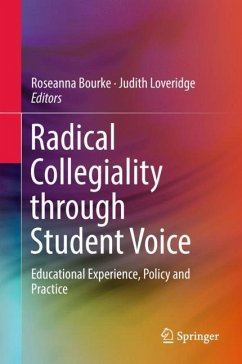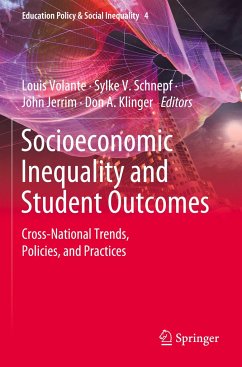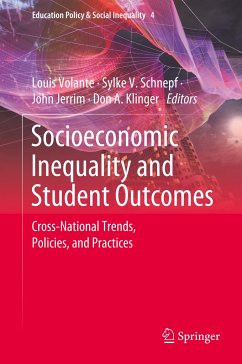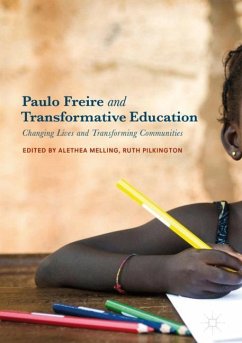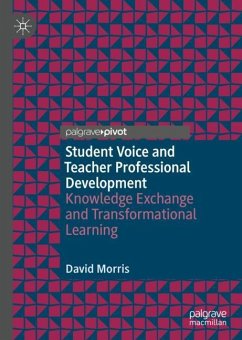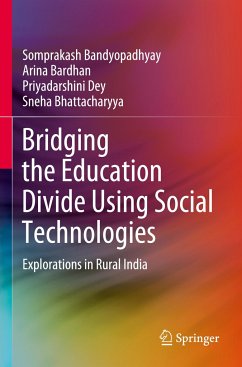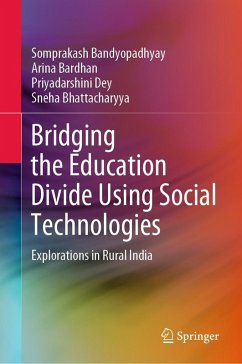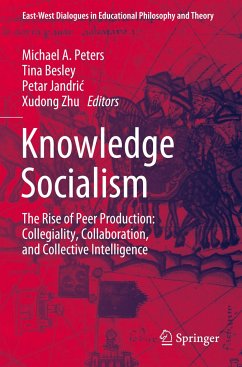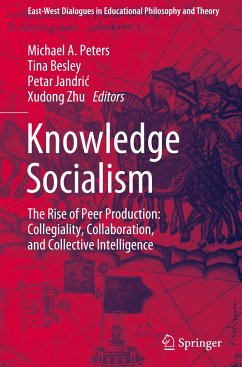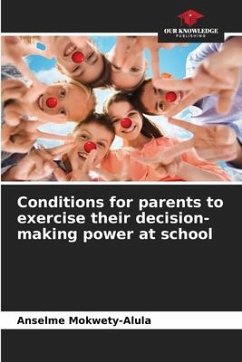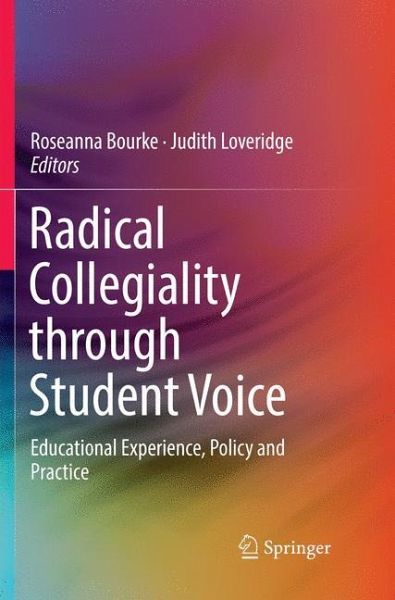
Radical Collegiality through Student Voice
Educational Experience, Policy and Practice
Herausgegeben: Bourke, Roseanna; Loveridge, Judith
Versandkostenfrei!
Versandfertig in 6-10 Tagen
76,99 €
inkl. MwSt.

PAYBACK Punkte
38 °P sammeln!
This book celebrates the rights of the child, through including student voice in educational matters that affect them directly. It focuses on the experiences of children and young people and explores how our educational policies, practices and research endeavours enable educators to help young people tell their own stories. The respective chapters illustrate how listening to young people can help them attain new positions of power, even though doing so often creates discomfort and requires a radical change on the part of the adult establishment. Further, the book challenges researchers, teache...
This book celebrates the rights of the child, through including student voice in educational matters that affect them directly. It focuses on the experiences of children and young people and explores how our educational policies, practices and research endeavours enable educators to help young people tell their own stories. The respective chapters illustrate how listening to young people can help them attain new positions of power, even though doing so often creates discomfort and requires a radical change on the part of the adult establishment. Further, the book challenges researchers, teachers and practitioners to reconsider how students are involved in research and policy agendas, and to what extent radical collegiality can create fundamental and positive changes in the lives of these learners.
In recent decades, greater attention has been paid across policy, practice and research discourses to involving children more meaningfully and actively in decisions about theirparticipation in both formal and informal educational settings. The book's goal is to illustrate how researchers have systematically involved students in the pursuit of a richer understanding of educational experiences, policy and practice through the eyes and ears of young people, and through their own cultural lens.
In recent decades, greater attention has been paid across policy, practice and research discourses to involving children more meaningfully and actively in decisions about theirparticipation in both formal and informal educational settings. The book's goal is to illustrate how researchers have systematically involved students in the pursuit of a richer understanding of educational experiences, policy and practice through the eyes and ears of young people, and through their own cultural lens.





